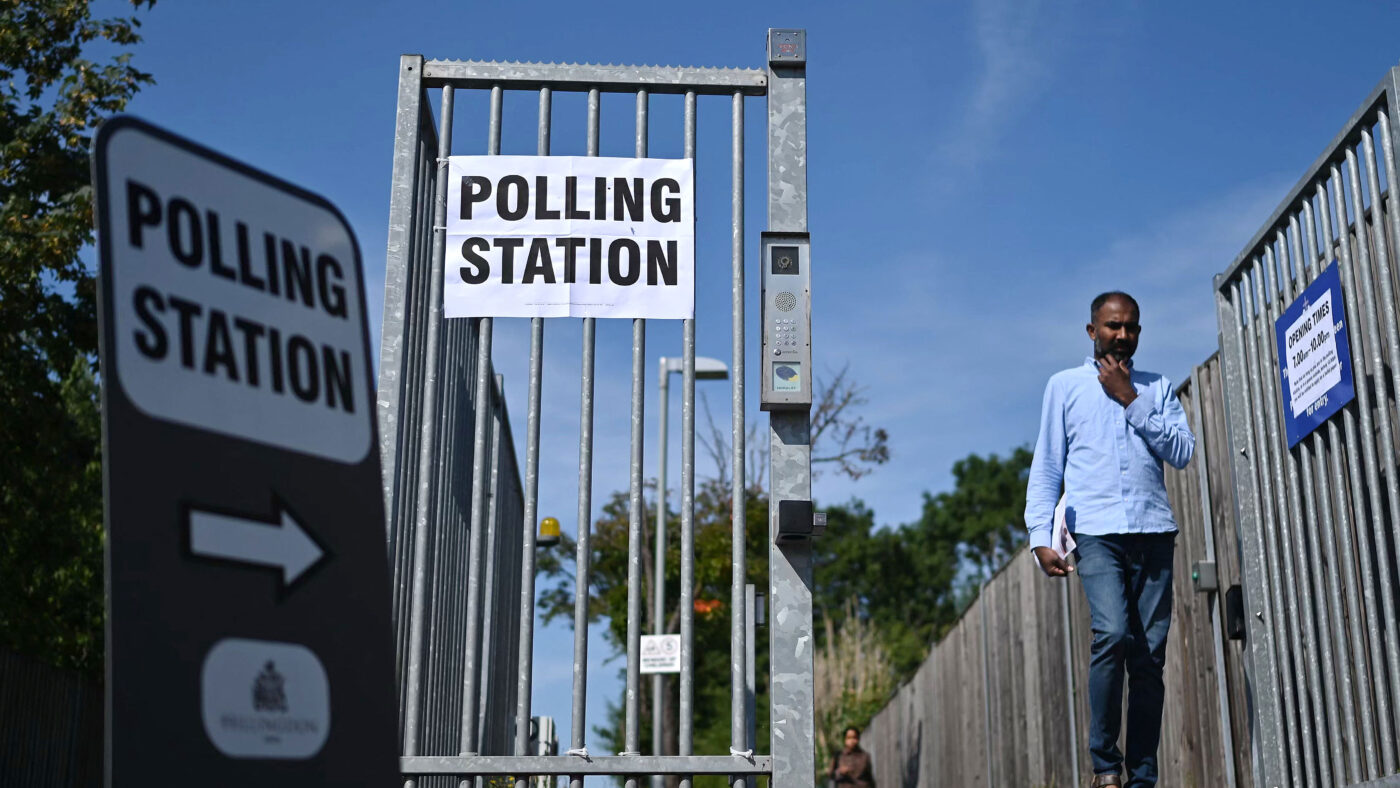Labour’s failure to gain Uxbridge & South Ruislip has been seen primarily through the lens of Sadiq Khan’s highly unpopular proposed expansion of the Ultra Low Emissions Zone (ULEZ) to outer London.
That’s no great surprise; the Tories went big on ULEZ during the campaign and the scheme itself is understandably unpopular as among already hard-pressed motorists who faced the prospect of having to pay £12.50 a day to drive into town, or trade in their vehicle for a newer model (at great expense).
But there’s another undercurrent here that is possibly even more interesting for the amateur psephologists looking at this rather surprising result. For Labour’s failure in the London suburbs is yet another example of the party underperforming in a relatively diverse part of the country.
It’s a trend that Labour needs to face up to – it increasingly tends to underperform in areas with notable Asian-origin (specifically Indian-heritage) populations which are aspirational, traditional-minded and far removed from the so-called ‘progressivism’ which has taken hold on much of the contemporary British left.
The warning signs stretch back to the 2019 general election. In the Remain-voting, non-white-majority constituency of Harrow East, which has an affluent Gujarati Hindu-origin population, incumbent Tory MP Bob Blackman won over traditional Labour voters as he increased his majority from 1,757 to 8,170 votes. In the 2022 local elections, Labour’s electoral standing worsened in this corner of north-west London, losing control of the council to the Tories, who gained eight councillors. Last year, Labour also suffered losses in Croydon – a diverse south London borough where more than half the population is non-white. According to the 2021 census, four in ten Croydon residents are either Asian (17.5%) or Black (22.6%). The Tories defeated Labour in the mayoral contest there, as well as gaining four new council seats to deprive Labour of its majority.
In this year’s local elections, two of Labour’s most disappointing performances were in Leicester and Slough – two areas, like Harrow and Croydon, where whites are in the minority. Back in the last general election, in Leicester West and Leicester East, Labour’s vote share dropped by 11 and 16 percentage points respectively. The pattern of Labour’s electoral decline in Leicester – where one in six people were born in India – was underscored by its crushing loss of 22 councillors (with the Tories gaining 17).
In a city which witnessed large-scale communal riots last year, Labour has continued to embroil itself in Leicester’s identity-related disputes – especially over local candidate selection. Meanwhile in Slough, the party was ultimately punished for its gross financial mismanagement of the local council which effectively declared bankruptcy in 2021 – losing 18 councillors, while the Tories gained 16 and control of the council.
It is true that local factors have played their part in these electoral disappointments for Keir Starmer’s party – and one should always be wary of putting too much stock in a by-election result. But nor should they ignore the fact that it is ethnically and religiously diverse areas of England that are breathing life into Rishi Sunak’s Conservatives and giving them at least a faint glimmer of hope for the next general election.
A series of discouraging results in London for Labour – all too often inaccurately portrayed as a bastion of liberal cosmopolitanism – remind us that it in fact the most socially conservative region in the whole of Britain. Many of the capital’s established ethnic minority voters are anything but cultural liberals – with their patriotic sentiments, family values and appreciation of faith increasingly placing them at odds with their ‘natural’ party. And Labour’s Asian-origin heartlands in the inner cities, along with Brexit-voting towns such as Slough, are far from pleased with persistently high levels of immigration.
It’s ironic that just as anti-London rhetoric and lazy stereotypes have taken hold on some of the British right, it is the capital that has provided some of the Tories’ most impressive political victories in recent times. It makes it all the more puzzling that the Conservatives did not manage to pick a more high-profile mayoral candidate to take on Sadiq Khan, who is far less popular in the city than his party.
Rather than a misguided pivot to Orban-style ethno-nationalism, the Tories must know their best chance of remaining relevant in modern Britain is to include an inclusive, patriotic, multi-racial conservatism that embraces the small ‘c’ conservative values held so dear by so many ethnic minority voters. That means facing down the kind of people who claim London is ‘under occupation’. But it also means taking the capital much more seriously in political terms, not – as the party seems to have done in recent years – giving it up as a Labour fiefdom.
If last night’s by-election can remind us of one thing, it’s that London may swing Labour at the moment, but there’s no reason it can’t be a much more competitive political battleground in the future. As for Labour themselves, Keir Starmer ought to swiftly realise that he has no room for complacency – and he certainly shouldn’t be taking the votes of ethnic minority Brits for granted.
Click here to subscribe to our daily briefing – the best pieces from CapX and across the web.
CapX depends on the generosity of its readers. If you value what we do, please consider making a donation.


